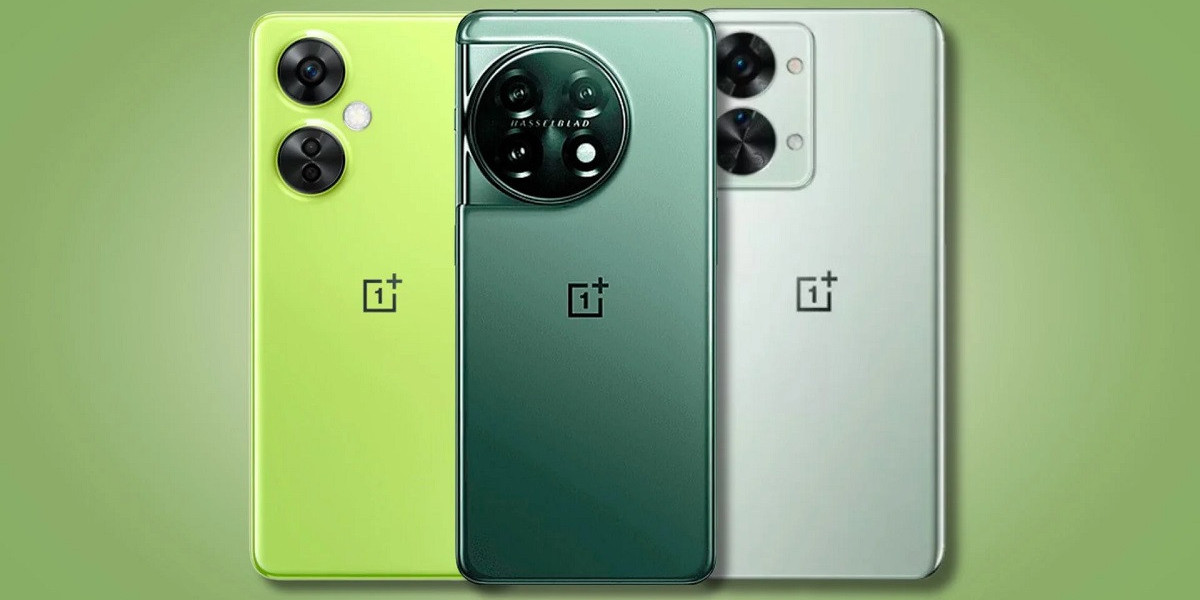In the fast-paced world of technology, sustainability has become a paramount concern. Companies like OnePlus are not just focusing on producing cutting-edge smartphones but also on minimizing their environmental footprint. Let's delve into the sustainability initiatives undertaken by OnePlus in their mobile manufacturing process, along with an assessment of their environmental impact.
1. Sustainable Sourcing of Materials
OnePlus has embraced the concept of sustainable sourcing by prioritizing environmentally friendly materials for their smartphones. From recycled aluminum for phone casings to responsibly sourced minerals for electronic components, OnePlus is committed to reducing the ecological strain associated with raw material extraction.
2. Energy-Efficient Manufacturing Processes
Efficient energy usage is key to reducing carbon emissions in manufacturing. OnePlus has implemented energy-saving measures in their production facilities, such as investing in renewable energy sources like solar power and optimizing machinery for maximum efficiency. By minimizing energy consumption, OnePlus not only reduces its environmental impact but also cuts down on operational costs.
3. Waste Reduction and Recycling Programs
To tackle the issue of electronic waste, OnePlus has implemented comprehensive waste reduction and recycling programs. Through partnerships with recycling firms, OnePlus ensures that discarded electronic components are properly recycled or refurbished, diverting them from landfills. Additionally, OnePlus encourages customers to return old devices for recycling through trade-in programs, promoting a circular economy model.
4. Carbon Footprint Reduction
Reducing carbon emissions is a top priority for OnePlus. The company has set ambitious targets to decrease its carbon footprint through various means, including optimizing transportation logistics to minimize emissions from shipping and promoting telecommuting to reduce employee commuting-related emissions. Furthermore, OnePlus actively seeks out carbon offsetting initiatives to balance out unavoidable emissions, such as investing in reforestation projects.
5. Product Longevity and Repairability
OnePlus emphasizes product longevity and repairability as part of its sustainability strategy. By designing phones with modular components and providing repair guides and spare parts to customers, OnePlus encourages device repair rather than replacement. Extending the lifespan of products reduces the demand for new devices and minimizes electronic waste generation.
Assessing the Environmental Impact
The sustainability initiatives undertaken by OnePlus in mobile manufacturing have yielded tangible results in terms of reducing environmental impact. Through a holistic approach encompassing material sourcing, energy efficiency, waste management, carbon reduction, and product design, OnePlus has demonstrated its commitment to environmental stewardship. However, continual assessment and improvement are essential to address evolving environmental challenges and ensure a sustainable future for the tech industry.
In conclusion, OnePlus's sustainability initiatives in mobile manufacturing are commendable steps towards mitigating the ecological impact of technology production. By prioritizing sustainability throughout the product lifecycle, OnePlus sets a precedent for responsible corporate citizenship in the tech sector. As consumers increasingly demand eco-conscious products, OnePlus's commitment to sustainability positions it as a leader in the pursuit of a greener, more sustainable future.







